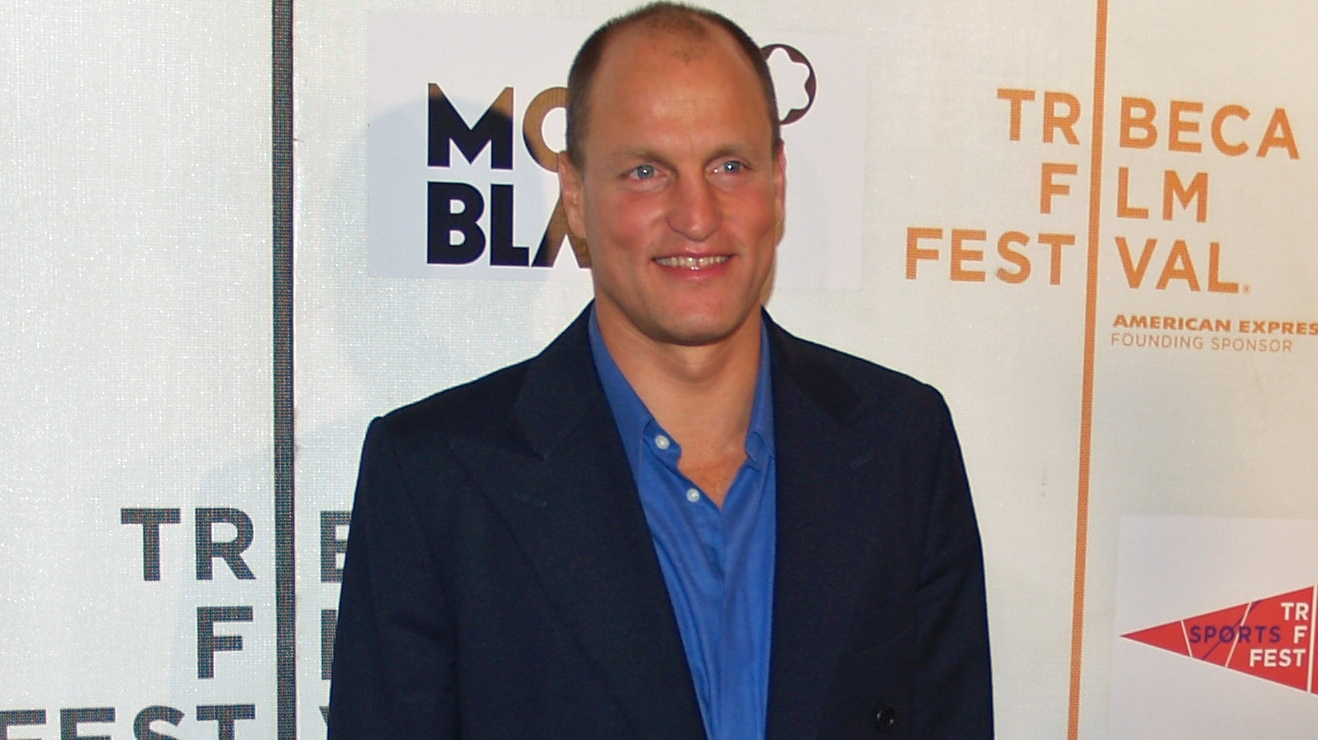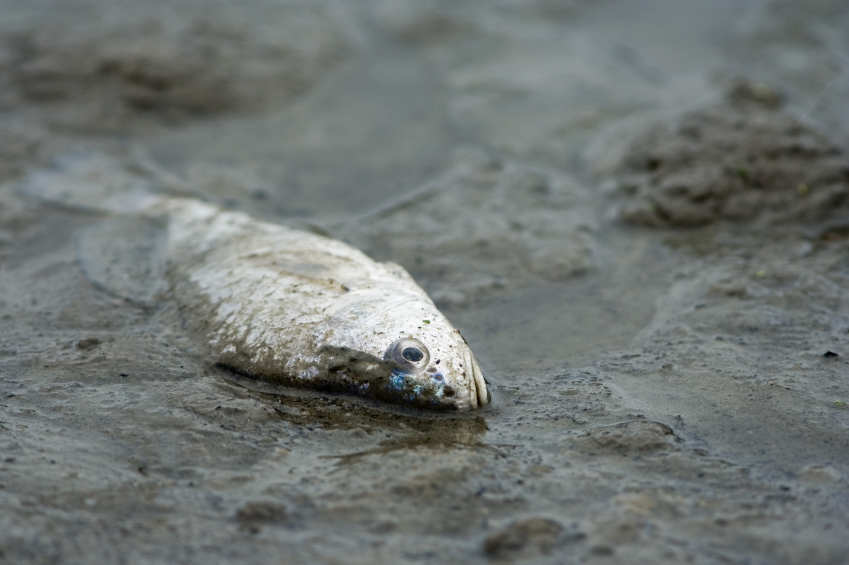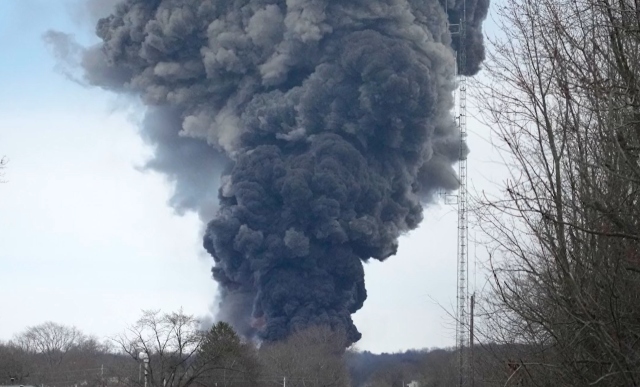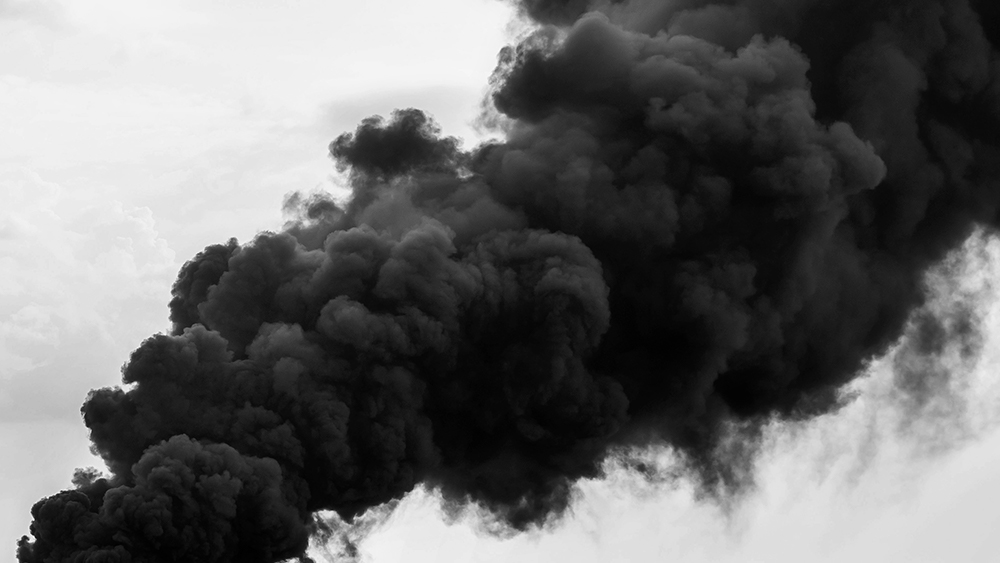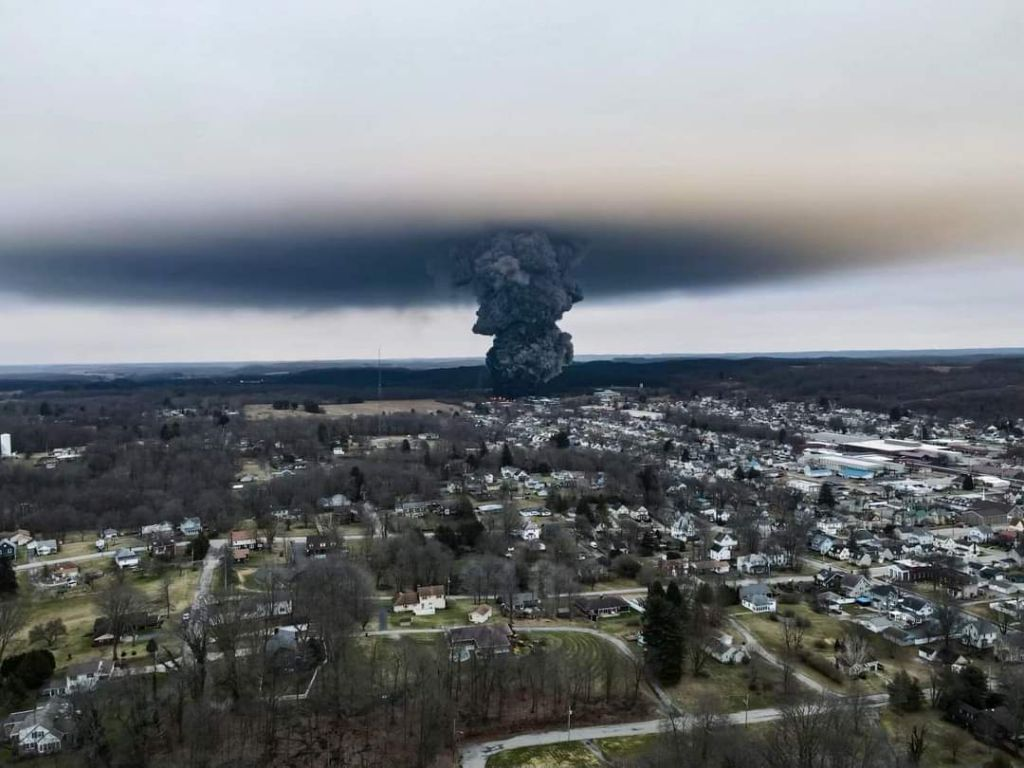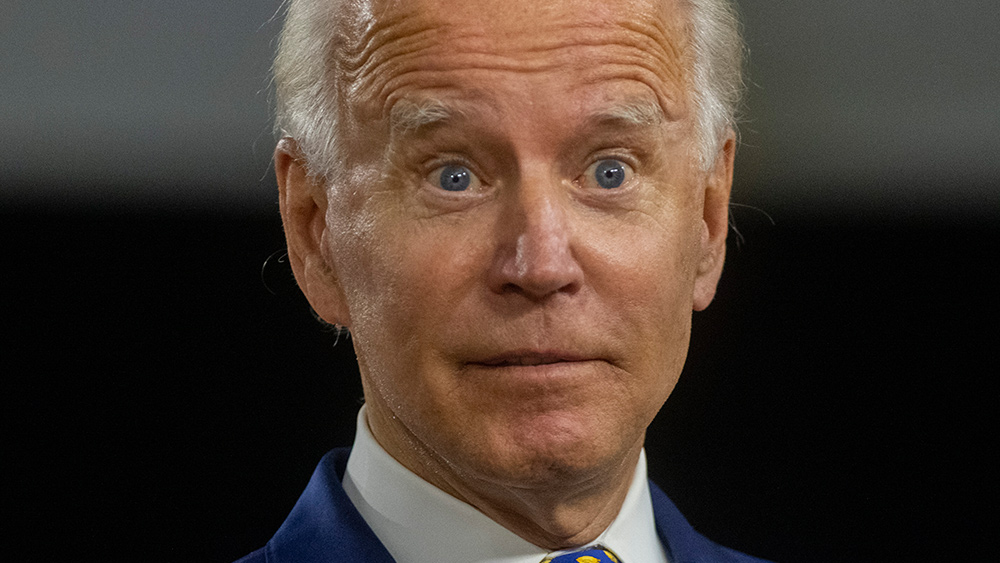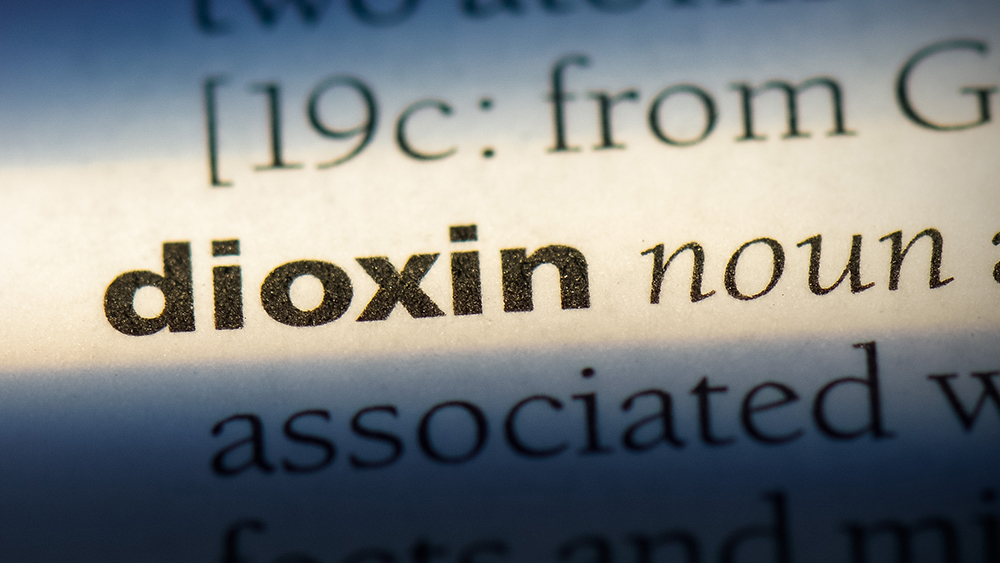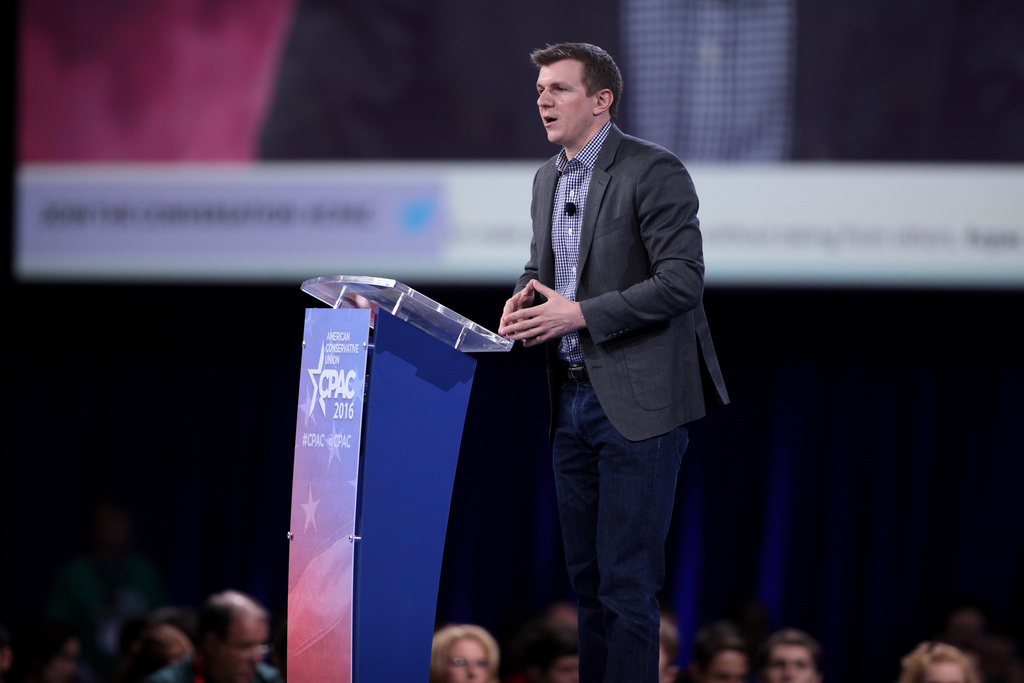UN orders world governments to ‘end free speech’
03/01/2023 / By News Editors

The United Nations has called on governments across the world to abolish free speech in the interests of combatting “disinformation.”
(Article by Sean Adl-Tabatabai republished from NewsPunch.com)
On Wednesday, the United Nations Educational, Scientific and Cultural Organization (UNESCO) demanded the establishment of “global guidelines for the regulation of social media” in a conference to address alleged “disinformation.”
Breitbart.com reports: Participating in the conference, based in Paris, were Brazilian President Luiz Inácio Lula da Silva – a convicted felon who spuriously referred to his opponent Jair Bolsonaro as a “pedophile” in an online podcast during last year’s presidential race – and Maria Ressa, a Filipino journalist who faced government persecution for allegedly reporting disinformation online under former President Rodrigo Duterte.
UNESCO’s event was titled the “Internet for Trust Conference” and featured speakers demanding a global governance structure to silence “hate speech, misogyny, suppression of free speech, doxxing and conspiracy theories.” The agency emphasized its opposition to sovereign countries taking individual actions they deemed appropriate to address the existence of speech online.
“If these regulatory initiatives are developed in isolation, with each country working in their own corner, they are doomed to fail. Information disruption is by definition a global problem, so our reflections must take place at the global scale,” UNESCO Director-General Audrey Azoulay lamented on Wednesday, noting that “at least 55 countries are working on” suppression of speech online.
In a promotional video to announce the conference, a spokesman for UNESCO referred to users online violating the boundaries of appropriate speech as “insects thriving in the dark.”
In her address on Thursday, Azoulay argued that regulation was necessary online because the truth is allegedly unpopular.
“The blurring of boundaries between true and false, the highly-organized denial of scientific facts, the amplification of disinformation and conspiracies – these did not originate on social networks,” the UNESCO head said. “But, in the absence of regulation, they flourish there much better than the truth.”
“Only by taking the full measure of this technological revolution can we ensure it does not sacrifice human rights, freedom of expression and democracy. For information to remain a common good, we must reflect and act now, together,” she demanded.
Lula da Silva used his address to lament the January 8 Brasilia riot, in which Bolsonaro supporters stormed the Brazilian Congress, the headquarters of the supreme court, and the Planalto presidential palace. While destroying parts of all three facilities, the riots – unlike those in past years by leftists in neighboring Peru, Colombia, Chile, Bolivia, and Ecuador, among other countries – did not result in any deaths and only a small number of injuries.
The Brazilian protesters convened in the capital on January 8 to protest Lula’s inauguration into a third term as president. The hardline leftist president had been arrested following the end of his second term in 2011 on charges of corruption while in office. He was convicted on multiple appeals and sentenced to over two decades in prison for using bribe money to buy a luxury property – an investigation that resulted from a much larger police probe known as “Operation Car Wash,” which unveiled a massive corruption apparatus in the government organized under Lula. The nation’s top court, the Supreme Federal Tribunal (STF), overturned Lula’s convictions in 2021 on a technicality, presenting no exonerating evidence but allowing him to run for president.
Bolsonaro supporters protesting Lula’s inauguration argued that someone convicted of crimes while president should not have been allowed on the ballot and pointed to the Brazilian government banning media organizations from even discussing Lula’s corruption convictions as an indication that the election was neither free nor fair. While journalists could not publicly discuss Lula’s convictions without risking a fine, Lula and his campaign freely accused Bolsonaro of pedophilia and cannibalism.
The internet, Lula said in a statement to the UNESCO conference on Thursday, “has also caused risks to democracy. Risks to the civilized interaction between people. Risks to public health.”
“The dissemination of disinformation during the [Chinese coronavirus] pandemic contributed to thousands of deaths. Hate speech makes victims every day,” he claimed. “Moreover, the victimized the most are the most vulnerable sectors of our societies.”
“The world has witnessed the attack by extremists to the seats of the Executive, Legislative and Judiciary branches of Power in Brazil on January 8. Brazilian democracy won that battle and it is now stronger,” he claimed. “However, we will always be indignant with the barbaric scenes of that Sunday.”
“On the one hand, it is necessary to guarantee the exercise of individual freedom of expression, a fundamental human right. On the other hand, we need to ensure a collective right: the right of society to have access to trustworthy information, and not lies and disinformation,” Lula insisted.
Ressa, the Philippine journalist, agreed with Azoulay’s assertion that lies are more popular than true statements and refuted calls for “more speech” to combat disagreeable commentary online.
“Justice Brandeis said, ‘the way to fight hate speech is with more speech,’” Ressa said. “No longer; its a different world. It’s like we’re speaking a different language. This is data, this is algorithms.”
“Lies spread faster than facts. For some reason, facts are really boring,” Ressa asserted. “Lies – especially when laced with fear, with anger, with hate, with tribalism – us against them. They spread. It’s like throwing a lit match into kindling.”
Ressa became an international sensation – Time magazine’s 2018 co-person of the year and a Nobel Peace Prize winner – after the government of anti-drug crusader Rodrigo Duterte targeted her and her media outlet, Rappler, for public coverage critical of his drug war. The Philippine government accused Rappler of tax evasion and Ressa herself was convicted of libel.
Duterte was at the forefront of the movement that Ressa is now promoting with UNESCO to silence “fake news.” In 2020, the former president supported a bill to criminalize “fake news,” particularly content deemed unsavory regarding the Chinese coronavirus pandemic.
“President Rodrigo Duterte’s special powers to stem the spread of coronavirus include a last-minute sanction clause on prohibited acts like spreading ‘false’ or alarming information – which may just be the most dangerous feature of the law,” Ressa’s Rappler warned at the time.
UNESCO is the United Nations agency tasked with promoting education and cultural exchanges.
“Our mission since 1945 is to build peace through international cooperation as it is the only way to build bridges between nations,” the agency’s website explains. “UNESCO defends and promotes freedom of expression, media independence and pluralism, and the building of inclusive knowledge societies underpinned by universal access to information and the innovative use of digital technologies.”
Read more at: NewsPunch.com
Submit a correction >>
Tagged Under:
big government, Censorship, conspiracy, deception, disinfo, fascism, First Amendment, free speech, freedom, insanity, intolerance, Liberty, lies, propaganda, speech police, Suppressed, thought crimes, thought police, Tyranny, United Nations, world government
This article may contain statements that reflect the opinion of the author
RECENT NEWS & ARTICLES
COPYRIGHT © 2017 PENSIONS NEWS

